
OR
How to live during the pandemic?
Published On: August 19, 2020 09:45 AM NPT By: Ramashankar Jayaswal
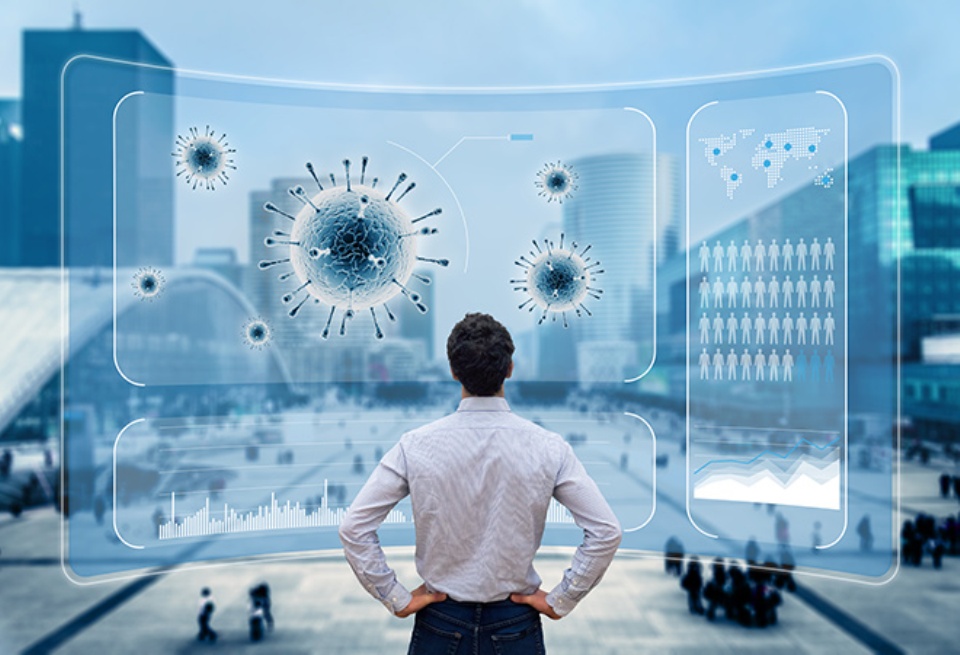
More from Author
Money, status and fame have no bearing on what happens to us, nor does it protect us in any way. At the end of the day, we are all susceptible to the same human vices, illnesses and consequences.
Millions of cases of Covid-19 have been reported across 188 countries, close to million people have lost their lives and more than 11.3 million people have recovered as well. Billions of people are in lockdown, unable to visit one another, unable go to work, unable to attend school, unable to meet one another in public places. People around the world are struggling at home, in care homes and intensive care units, separated from their loved ones in their hours of need.
At the time of danger, we instinctively desire to be close to our family and friends, hold their hands and embrace them but now we are forbidden to do so. We are confronted with the true uncertainty of human existence and the true vulnerability of human life.
Questions of life
Covid-19 has brought us face to face with the most basic questions of life: What are we here for? What have we done with our lives? Who is truly important in our lives? Why do we want to participate in relatives’ happiness events only? Why we don’t want to share their problems without calling? If we know who is truly important to us then why have we spent so little of our lives pursuing these things?
The Covid-19 has shown how terrible it really is to waste our lives and engage in endless battles for wealth, status and power. How terrible it really is not to recognize the value in the people around us. How terrible it is not to honor the sacredness of life and pay respect to others. It has shown that true purpose of all businesses, political parties, governments, and international organizations should be to serve human needs. The needs and purposes not just of individuals, but of societies and of the world.
In most of our endeavors, we are interdependent. One individual cannot succeed without the cooperation of others. The Covid-19 pandemic highlights the danger of ignoring our interdependence and the importance of global cooperation. It shows that all of humanity is in the same boat.
The virus can be defeated somewhere only when it is defeated everywhere.Covid-19 has brought forth the most brutally honest questions: If we know what must be done to overcome this pandemic—along with other problems such as climate change, cyberwar, financial crises and more—why do we spend so little time and effort pursuing these things? Why, at this time of global threat, do so many countries retreat into populist nationalism?
Why is the pandemic described as a “Chinese virus” (insulting a particular country) or “the plague of the snobs” (promoting class war) or the “urban virus” (promoting conflict between town and country) or “neighboring virus” (promoting conflict among India, China and Nepal, for example)?
Once the Covid-19 is defeated, coming generations will ask these questions in the post-Covidworld.
The Covid-19 pandemic lays our lives bare and forces us to appreciate our most essential needs and our highest values. It forces us to appreciate the true value of people whose roles in society tend to be undervalued. They include doctors, nurses, hospital orderlies, people sitting at the checkout counters in supermarkets, the delivery personnel and many strangers who suddenly offer help to the old and vulnerable.
Time has come to mobilize this goodness rather than drive it to the sidelines through institutions and incentive systems that reward selfishness and predatory competitiveness. The time has come to re-evaluate the appropriate goal of business, goal of our economic activities and the goal of our local, national and international governance structures. The pandemic shows us that the goals of all these domains should be contributing to the fulfillment of human needs and purposes. This requires us to cooperate locally when we face local challenges, nationally when we face national challenges, and globally when we face global challenges.
When news of the novel coronavirus first came from Wuhan, rest of the world spent considerable time in criticizing China’s political system saying that China’s political system is not suitable for the 21st century. In New York and Boston, they called it a China’s problem.
But China has been able to do something that other countries have not been able to do: Combat and defeat the pandemic. Now the disease is fast spreading in Japan, Australia, the US, India and Nepal.
In Nepal, we forget things quickly. Just five years ago, the country was hit by a massive earthquake, but we have started building structures in the same old haphazard fashion. We have allowed the encroachment of open spaces areas that would have been perfect place for people to gather during the times of emergency.
On social media, we put up posts about how scary the world has become due to the virus, but we are secretly happy to attend large gatherings at banquet halls and public places.Every human challenge teaches us lessons. It is important to be better prepared to take on the next challenge that comes without notice. Disaster preparedness is about building up the credibility of the country and winning the trust of the people. It is also about self-learning. We need to change ourselves, and then share our learnings with the rest of the world.
I propose the following activities.
Let’s do the following
Let’s live our passion and have a hobby. Let’s not make our life too dependent on other people that we forget how to make peace with ourselves when we have all the time in the world. Try finding out something that excites and brings the best in us.
Let’s reconnect with our old friends. The race of earning our living has detached us from emotional gratification that we achieve by talking to our long lost friends. Let’s take time and get connected with them.
We may have been made a scapegoat or victimized by few people once or on multiple occasions. Let go of it from our thought, from our memory and from our life completely. Be kind to ourselves, forgive them. It’s easier said than done, but it’s important to get back the peace we deserve in such an unpredictable era we are living now. Life is too short to carry those grudges.
Unknowingly or knowingly we may have caused problems in someone else’s life. It’s time to reflect and gather the courage to call the person and have a conversation that you may have left half finished. We will be amazed to see how magical our life will become when we get to know that the other person has already moved on and have no qualms with us.
We need to have an emergency fund each and every time. We should not postpone our goals, especially the ones which are achievable. Remember there is no better ‘right time’ than today.
Money, status and fame have no bearing on what happens to us, nor does it protect us in any way. At the end of the day, we are all susceptible to the same human vices, illnesses and consequences. We need to remember that we are all human. We can use this time to find ourselves and realize what truly matters to us.
People closest to us deserve our time and attention. Use this time to renew the relationships. We have enough technology at our fingertips to stay connected no matter what. Let’s find our people, our loved ones, and use this time to strengthen the bonds we have.
The author is a PhD scholar at Tribhuvan University
You May Like This
_20200831110338.jpg)
Minimizing the social cost of COVID-19
HONG KONG – In 1960, the Nobel laureate economist Ronald H. Coase introduced the “problem of social cost”: human activities... Read More...
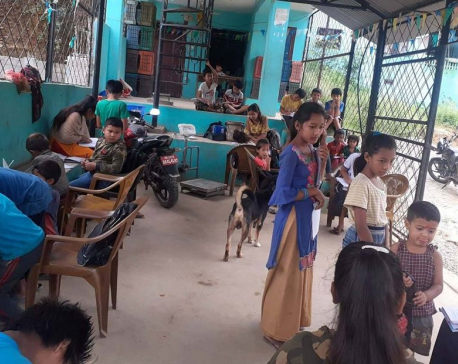
Community school teachers run classes in their own locality to help children continue their studies
DHADING, July 1: Most of the private schools in the country, basically those affluent ones, have run digital classes amid... Read More...
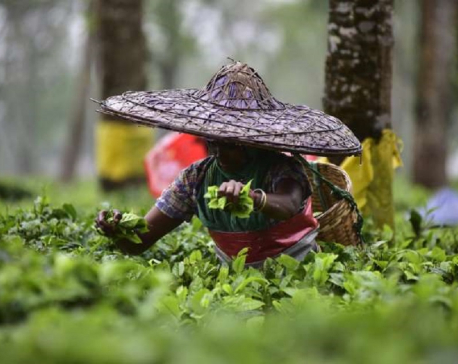
Forgotten folks
Crises have a differential impact depending on pre-existing vulnerabilities. The Covid-19 pandemic-triggered lockdown in Nepal has hit daily wage workers... Read More...






Just In
- CAN adds four players to squad for T20 series against West Indies 'A'
- ‘Precast' technology introduced in the construction of bridges along Muglin-Pokhara road
- Leopard attack injures young man in Kanchanpur
- SC rejects writ petition filed against Home Minister Lamichhane
- Nepal and China sign two agreements in the presence of Finance Minister Pun
- Pun released on bail in Supreme Cooperative fraud case
- Govt should not look for enforcing populist budget for next FY: Former finance ministers
- DoFE requests relevant parties to provide essential facilities to foreign workers traveling abroad












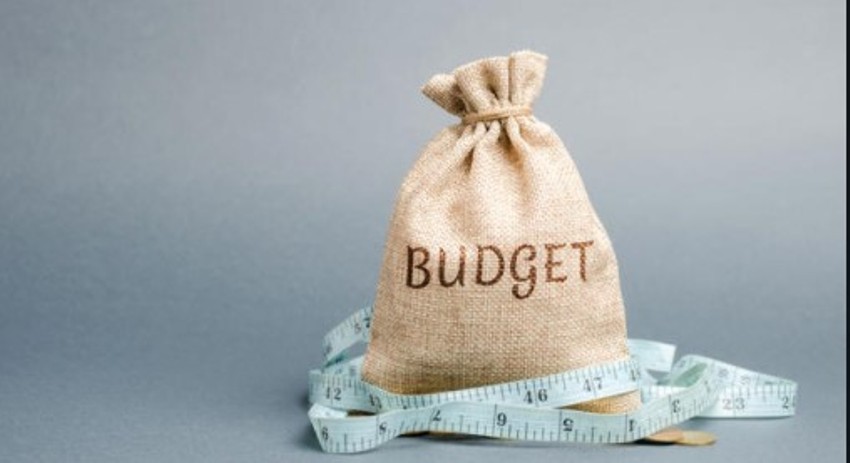
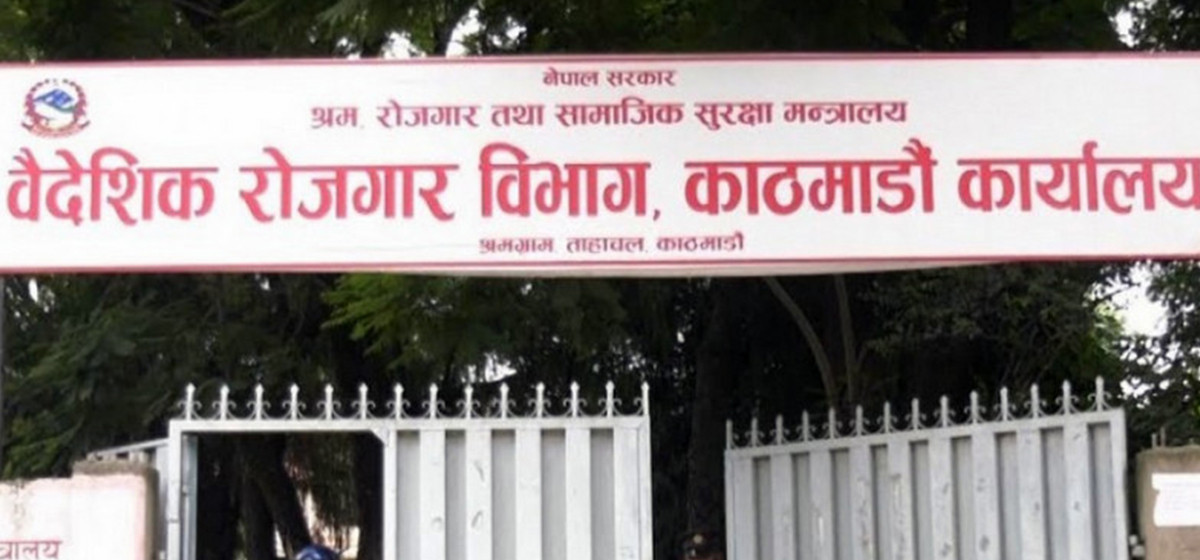
Leave A Comment